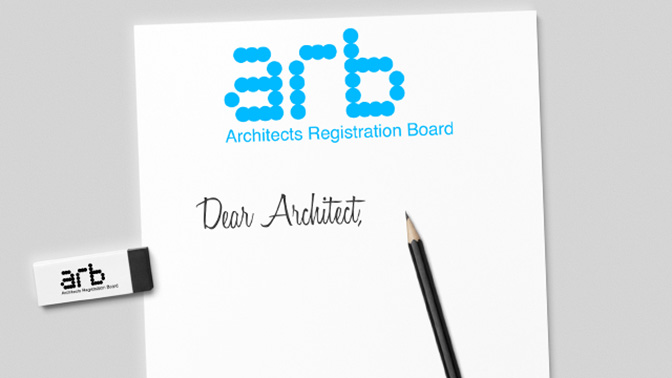
Dear Architects
Professional Consultants Certificates
What was once generally known as an Architects Certificate is now more commonly referred to as a Professional Consultants Certificate (PCC) or Council of Mortgage Lenders Certificate.
While a number of recognised professionals can legitimately sign a PCC, it nevertheless remains a common job for architects to do. Signing such a certificate can, however, raise a number of issues which architects need to be aware of.
Signing a PCC means that the signatory confirms that they have designed and/or monitored the construction of the property and that he or she will remain liable to the owner (and future owners) for a minimum period of six years.
One of the most common complaints ARB receives is from clients seeking to hold architects responsible for defective work after they have signed off a PCC. While some of these claims are unavoidable, there are a number of steps you can take to minimise your risks in this regard.
Although it may be that you have future liabilities to a non-client in respect of a signed Certificate, you may be well advised to manage the expectations of the recipient of the PCC if at all possible. It is a common misconception amongst the public that the Certificate will act as a form of warranty against defects in the property, in a similar way to a National Home Building Council (NHBC) Certificate. In such circumstances it is quite common for the owner, where seeking recompense from the contractor for defective work is impossible or unappealing, to pursue the architect for negligently signing the certificate.
To protect yourself against such claims, good written records of inspections are always helpful. If there are areas of the construction that you have been unable to inspect, you can make a record of that fact and include it in your certification.
You should of course ensure that you retain adequate and appropriate insurance for the entire period of liability: including, if necessary, run-off provisions.

